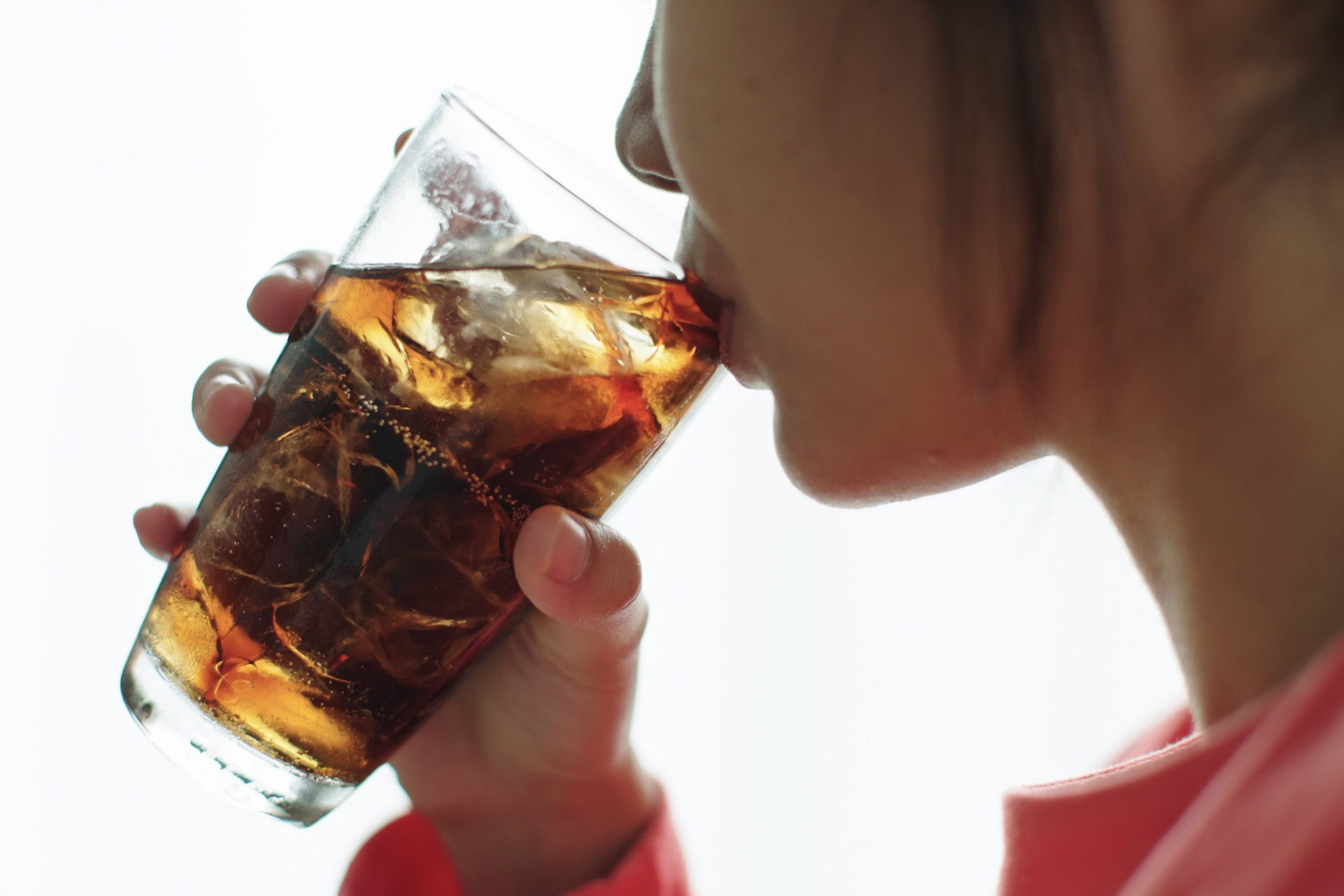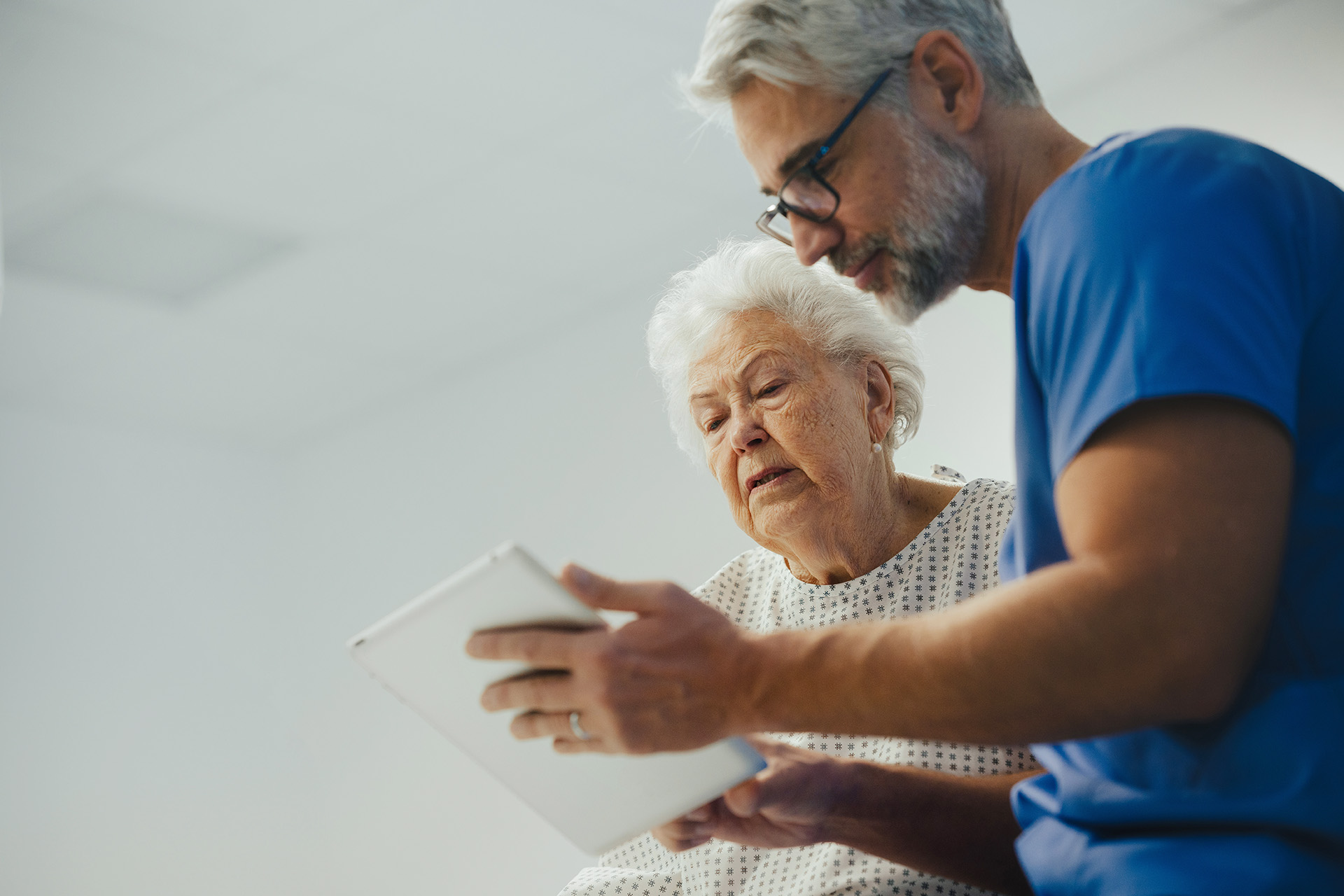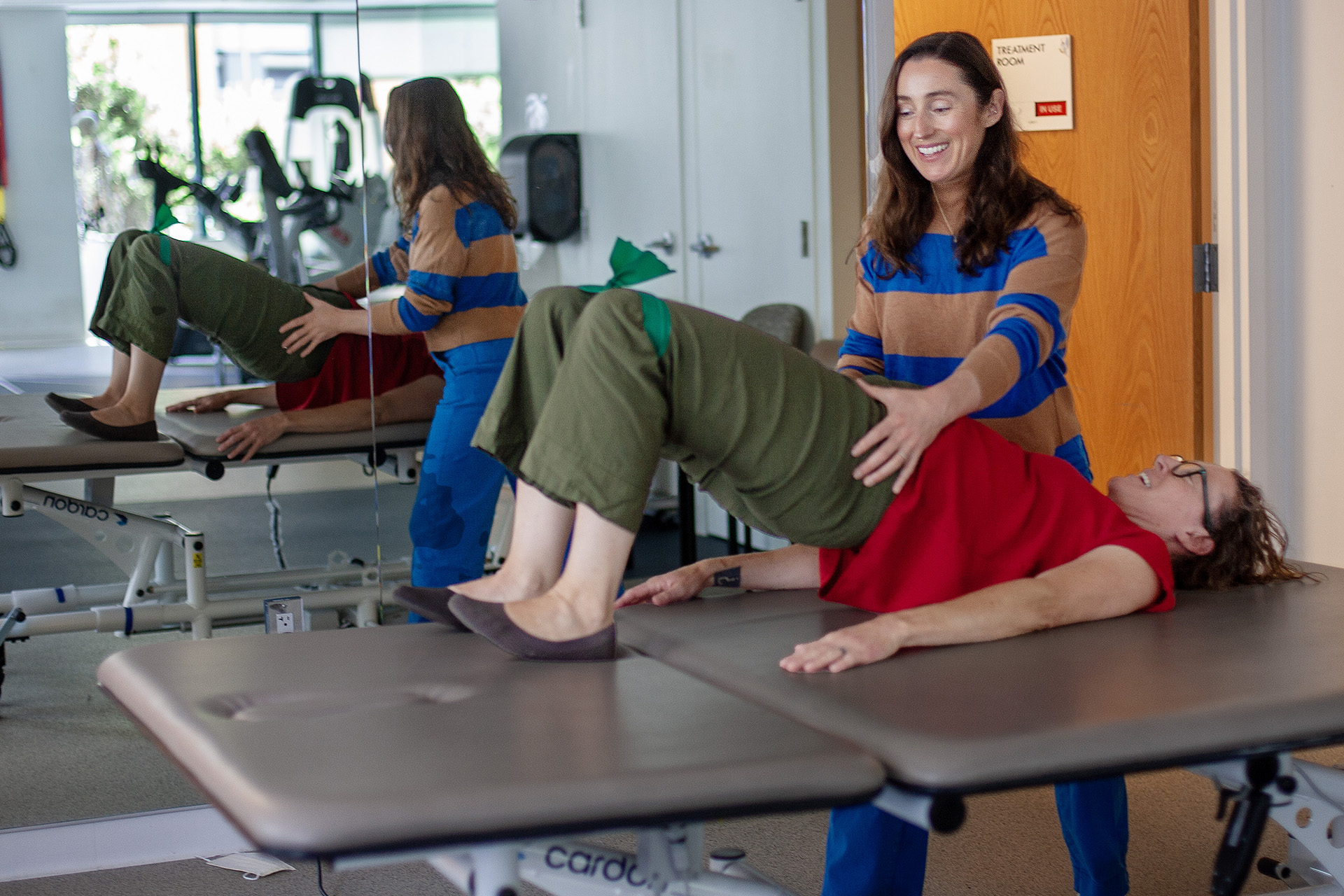A new study led by Kaiser Permanente researchers will help increase awareness among patients and physicians that cold foods and drinks can trigger flare-ups in people with atrial fibrillation. These flare-ups are a condition dubbed “cold drink heart.”
“For decades people have told their health care providers that cold foods and drinks trigger their atrial fibrillation episodes — but many providers didn’t think that was possible,” said senior author David Vinson, MD, an adjunct investigator at the Division of Research and an emergency physician at Kaiser Permanente in Northern California. “Yet, the more patients with atrial fibrillation are asked about — or read about — this trigger, the more often we hear, ‘Yes, that’s happening to me, too.’”
Atrial fibrillation, known as AFib, is an irregular and often very rapid heartbeat affecting about 10.5 million adults in the U.S. It occurs when the heart’s upper chambers — the atria — are not beating in sync with its lower chambers. People with atrial fibrillation are at increased risk of developing blood clots in their heart or experiencing a stroke, heart failure, or other heart problems.
Lifestyle triggers
Some people have persistent atrial fibrillation. In others, it may come and go. This has led researchers to look for lifestyle triggers, such as diet, that can potentially be reduced or controlled to prevent episodes from occurring.
The new study, published recently in the Journal of Cardiovascular Electrophysiology, is believed to be the first to ask people with atrial fibrillation episodes triggered by cold foods and drinks about their experiences.
“Until now, most of the published papers on this topic have been case reports,” said first author Daniel D. DiLena, a research assistant with the Kaiser Permanente Clinical Research on Emergency Services & Treatments (CREST) Network.
The study included 101 people. Among the participants:
- Half had atrial fibrillation episodes triggered only by cold drinks or food.
- Half said that cold foods and drinks were responsible for only some of their episodes.
- Most said they did not have an episode every time they ate or drank something cold.
- Most could feel the change in heart rhythm within a few seconds or in less than a minute of eating or drinking something cold.
- About 36% had episodes when they ate or drank something cold after a workout or other physical activity.
- About 86% said avoiding cold foods and drinks reduced or eliminated their episodes.
Unpredictable condition
“Although the majority of the people we surveyed had episodes associated with cold foods and drinks, they also said they were often able to eat or drink something cold without having an episode,” said Dr. Vinson. “This shows how unpredictable the condition can be and why it’s been hard for some patients to identify these triggers.”
The most frequently reported triggers were ice water, smoothies, milk, yogurt, and ice cream. Some study participants reported that not eating as quickly, not using straws, and allowing drinks to warm up often helped them avoid an episode.
More than half of the 82 participants who told their health care provider cold foods and drinks were triggers said their doctors were dismissive of their experience.
“Our study provides additional support for the existence of this trigger,” DiLena said. “Hopefully, it helps validate those with similar experiences and increase awareness among health care providers.”




